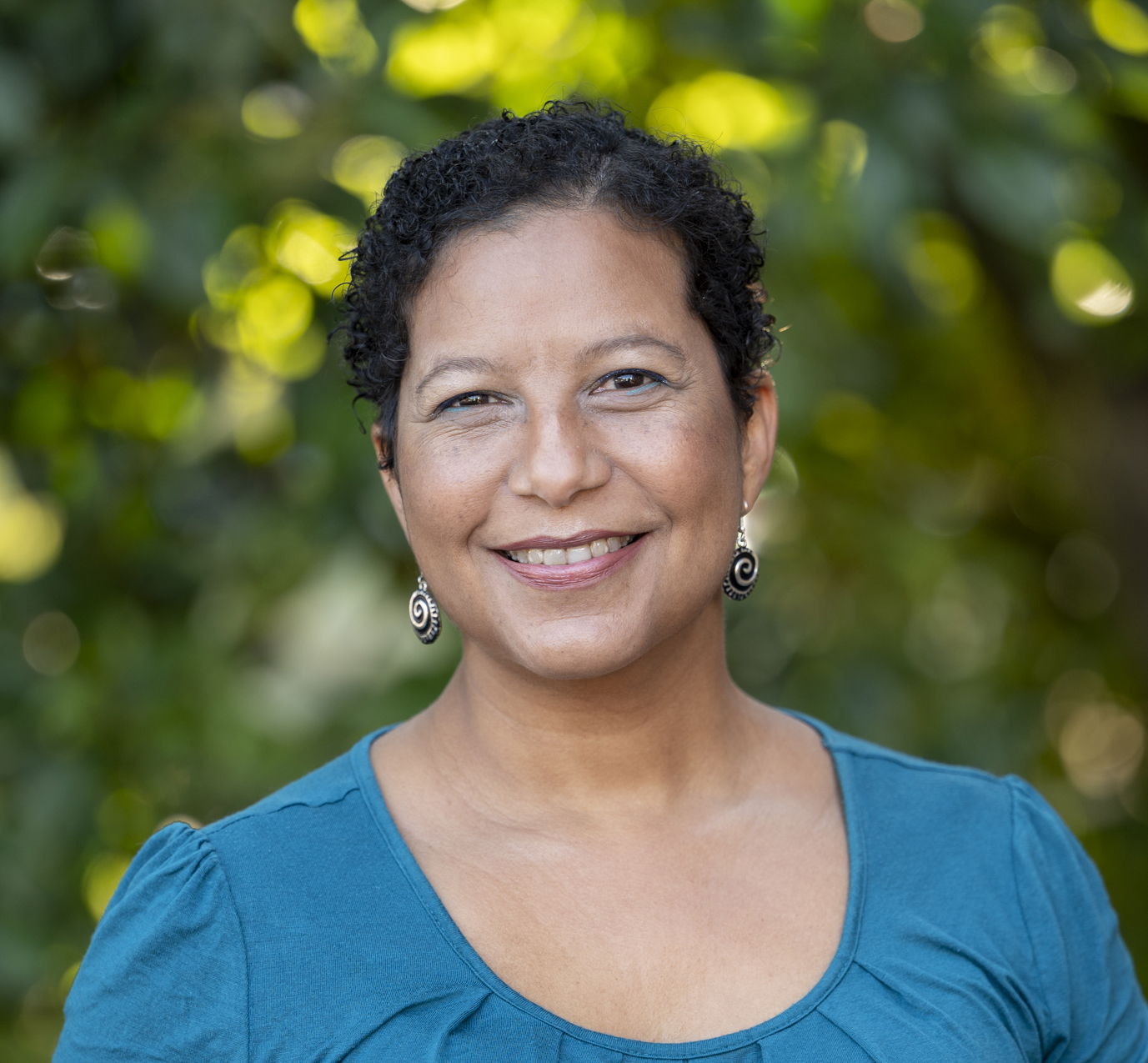Certified nurse-midwife Amita Graham has been elected to lead the California Nurse-
Midwives Association (CNMA), bringing a much-needed perspective to state advocacy around
reproductive healthcare and the role midwives play.
The CNMA is the professional organization representing certified nurse-midwives and
certified midwives in California. It is affiliated with the American College of Nurse-Midwives.
CNMA’s goals are to increase access to midwifery care, improve maternal-child health care
outcomes with a specific focus on reducing racism-based disparities, and to advance sexual
and reproductive healthcare in California. By serving as the organization’s president, Graham
will direct statewide advocacy and have the opportunity to influence national advocacy efforts.
In addition to supporting the goals above, Graham says she is dedicated to raising
awareness about the specific needs of patients in rural areas, especially those who belong to
minority demographic groups. She also hopes to reduce social and economic barriers that
prevent women of color and other underrepresented groups from pursuing careers in healthcare
and midwifery.
MCHC CEO Rod Grainger said he is grateful to providers like Graham who are willing to
take on state and regional leadership roles.
“So often, leaders from bigger population centers simply cannot relate to the needs of
rural communities. Having someone as capable, compassionate, and politically astute as Amita
lead an organization as important as CNMA is great for community health centers in rural areas
all over the state. Really, it’s good for everyone,” he said.
MCHC is a good fit for medical providers like Graham who are dedicated to equitable
and high-quality healthcare. MCHC’s status as a federally qualified health center (FQHC)
requires that MCHC not only meet strict quality standards, but that it also provide culturally competent care to patients in underserved areas. Furthermore, FQHCs use a holistic approach
to healthcare, offering medical, dental, and behavioral health services under one roof. And, at
least half of the governing board members are also patients, which ensures that those who
receive care have a voice in decisions about how the health centers are operated.
As a certified nurse-midwife in Mendocino County, Graham regularly cares for patients
who face challenges based on the rural nature of our local communities, including infrastructure
that does not always support easy access to care. For example, as hospital maternity wards
close at what Graham calls “an alarming rate” all over the country, these closures often have an
outsized impact on rural communities.
Locally, since the closing of the hospital maternity ward on the Mendocino Coast,
patients have had to drive inland to Ukiah for a hospital birth. This puts women at a much higher
risk of delivering their baby on the side of the road. In metropolitan areas when a hospital
closes, it is unlikely that the resulting drive to the next hospital requires a 60- or 70-mile trek
over narrow, winding roads. Graham explains that regardless of whether a patient makes it to
the hospital on time to deliver the baby safely, even the stress of having a hospital so far away
can adversely affect a patient’s health.
She said, “It is well documented that stress can lead to pre-eclampsia and preterm
labor.”
As such, Graham says she will advocate for the kinds of changes that increase access
to safe and affordable healthcare for all patients who need reproductive healthcare in California.
###
MCHC Health Centers includes Hillside Health Center and Dora Street Health Center in Ukiah, Little Lake
Health Center in Willits, and Lakeview Health Center in Lakeport. It is a community-based and patient-
directed organization that provides comprehensive primary healthcare services as well as supportive

 MyChart Login
MyChart Login

